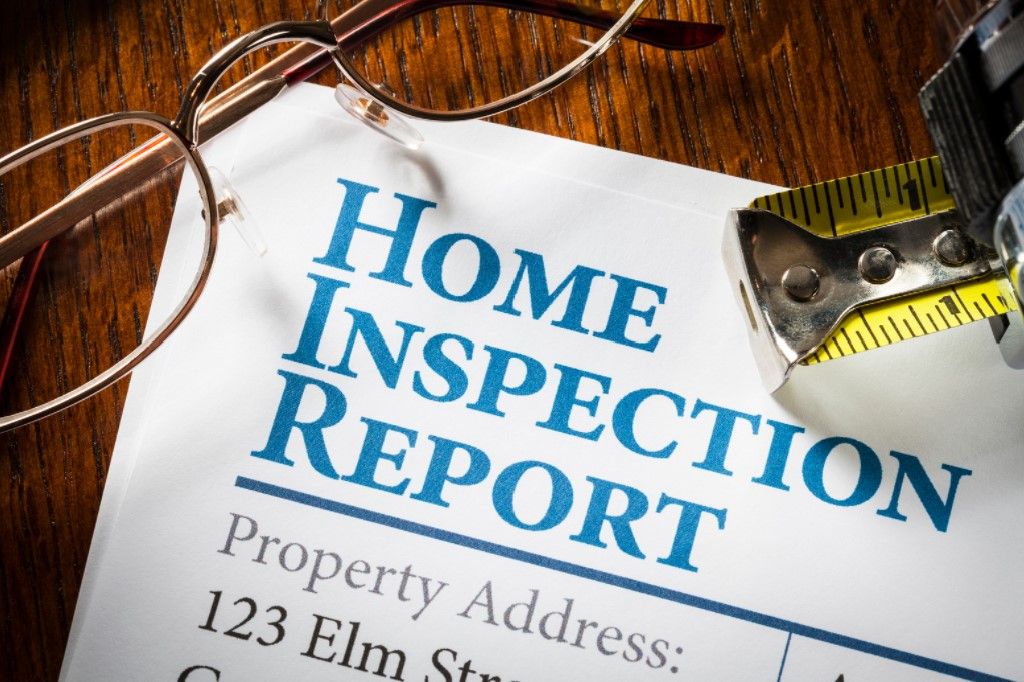What Your Home Is Really Worth: Why Online Estimates Vary
If you’ve ever looked up your home’s value online, you’ve probably noticed a curious thing: no two websites agree.

When you list your home for sale, your agent will ask you to fill out and sign a few disclosures. These forms are for you to disclose any material defects, safety hazards or other defects which you know about in your home. Basically, this is giving the buyers notice of any repairs, if any, that the home may require. Potential buyers will look at the disclosures to see if there are any red flags. The disclosures help protect the buyers. They also help protect the sellers from any future liability. If the disclosures are "clean," meaning that no material defects or safety hazards are disclosed, it's a good start to the transaction. Homes with no known defects also have higher home values.
Seller's Residential Disclosures
The seller's residential disclosures that you'll most likely be filling out and signing are: a state residential real property disclosure report, a disclosure of information on radon hazards, a mold disclosure and a lead-based paint disclosure. The state residential real property disclosure has a list of potential defects or hazards on it. You simply check "yes," "no" or "not applicable." The disclosure of information on radon hazards asks if you know of any unacceptable levels of radon in your home that haven't been remediated. This disclosure is required in many states. The mold disclosure asks if you know of any dangerous mold levels in your home. The lead-based paint disclosure is a federal seller's disclosure requirement. According to epa.gov, "Federal law requires that sellers of homes built before 1978 disclose that the property may produce exposure to lead from lead-based paint." Sellers are also required to provide the buyers with an EPA pamphlet called "Protect Your Family From Lead in Your Home."
Home Inspection Contingencies
Once you and your buyers have signed a real estate sales contract and all the disclosures, the buyers have the right to have home inspections performed at their own expense. These can include and are not limited to: a whole house inspection, a radon test, a mold inspection, a lead-based paint inspection, a pest inspection and a sewer inspection. The inspection contingency calls for a certain number of days in which the buyers can have these inspections performed. If any major defects or safety hazards are found, the buyers have the right to ask you to repair, replace or remediate the problems. Sometimes they ask for a monetary credit for consideration, so they can have the issues taken care of after closing. If you and the buyers don't come to terms, or an agreement, the buyers have the right to cancel the contract.
Sellers Shouldn't Ask to See Inspection Reports
When buyers formally request that the major defects or safety hazards be addressed, you may be inclined to want to see the inspection reports. This is not a good idea, for liability reasons. Once you have those reports in your hands, you now have knowledge of every defect on them. If the buyers do cancel the contract, you will have to fill out new disclosure forms stating that you have knowledge of these defects. These are red flags to the next buyers. This is, of course, if you don't repair, replace or remediate the defects or safety hazards. When a house has major defects or safety hazards, it can negatively affect the property value.
It's always a good idea to try to work with your buyers to make the entire transaction a win-win. You don't want to find yourself in a situation where you have to disclose major defects and safety hazards in your home. It's always advisable to have some money set aside to make repairs, replacements or remediate inspection issues that are found.